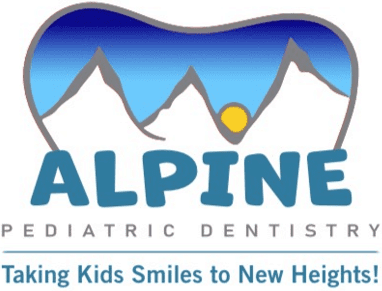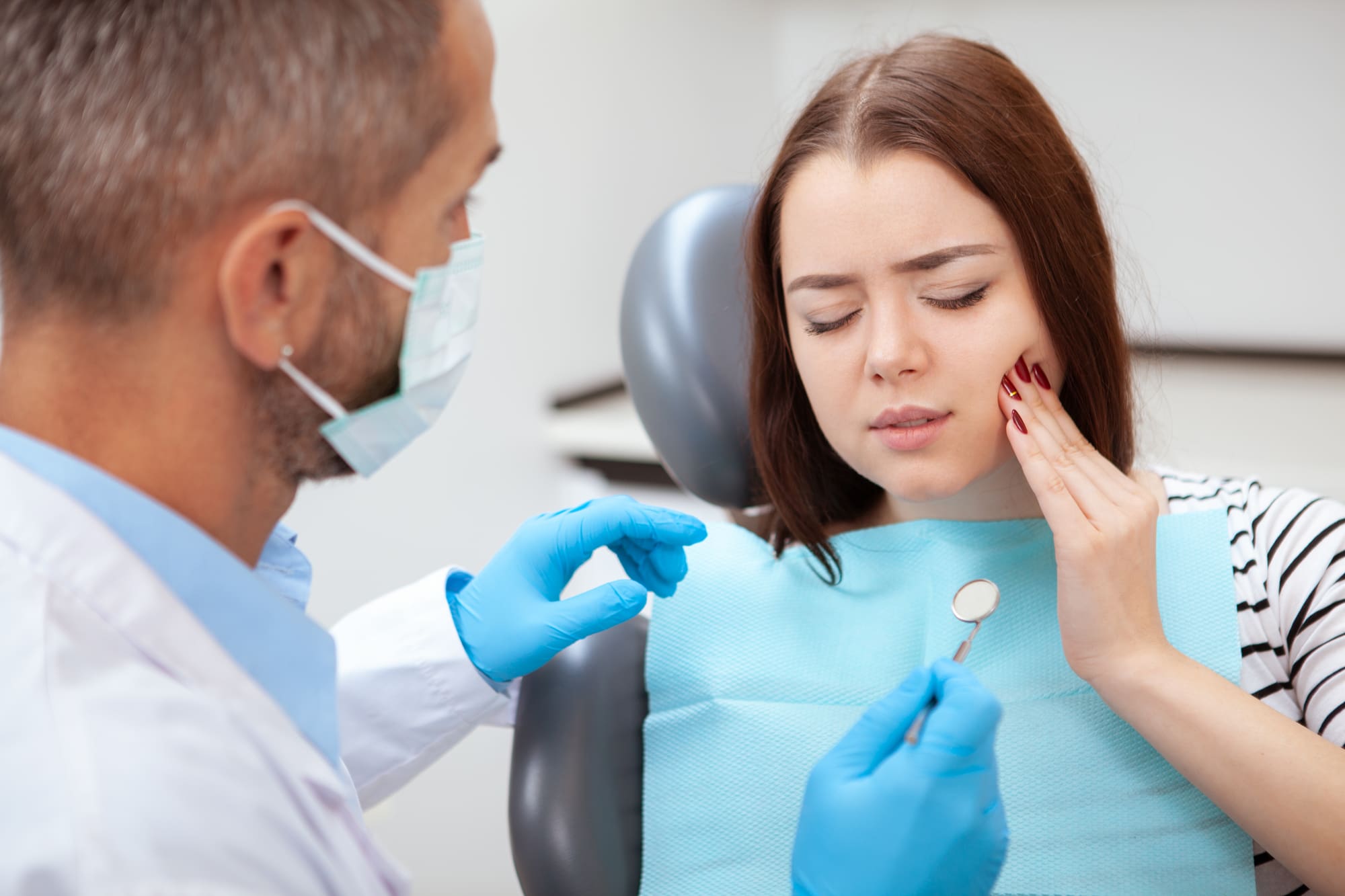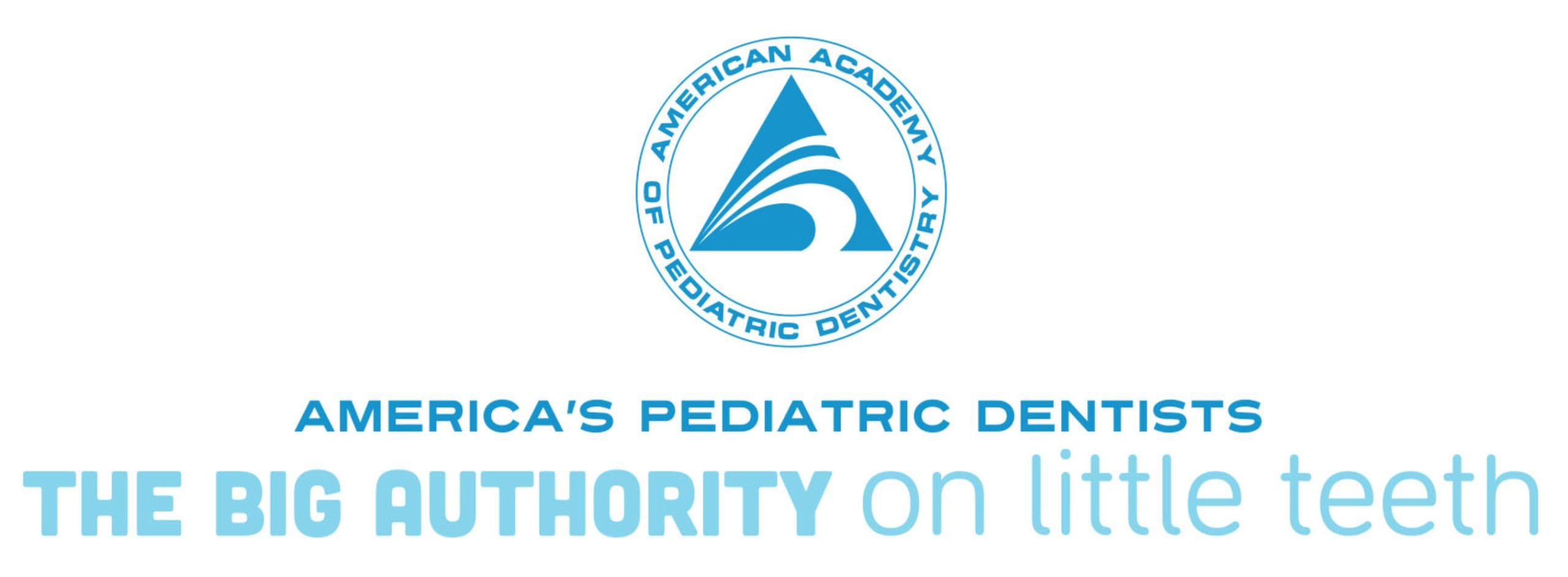Have you ever wondered what to do during a dental emergency? When faced with a dental emergency, it’s important to stay calm and assess the situation carefully. Understanding the nature of the emergency can help in deciding the appropriate steps to take next.
Types of Common Dental Emergencies
A dental emergency can arise from various situations, often catching individuals off guard and causing significant discomfort or pain. One prevalent type of dental emergency is a toothache, which can be severe and throbbing, indicating underlying issues such as cavities or infection. Another common scenario is a chipped or broken tooth, which can result from biting down on something hard or an accident. Additionally, dental abscesses, which are infections at the root of a tooth or between the gum and a tooth, also qualify as emergencies due to the intense pain and risk of spreading infection.
For those experiencing severe tooth issues, it’s crucial to seek appropriate care promptly. More information on handling such situations can be found by visiting Emergency Dental Care for Severe Tooth Issues.
Dental Emergency: Recognizing a Dental Emergency
Recognizing a dental emergency is crucial for taking appropriate action in a timely manner. Common signs that indicate a dental emergency include severe pain, bleeding that doesn’t stop, loose or knocked-out teeth, and infections such as swelling or knots in the gums. These symptoms can often be alarming and uncomfortable, signaling the need for immediate attention to prevent further complications or more severe health issues.
Understanding when to seek help is essential in managing dental health effectively. If you or someone you know is experiencing any of these symptoms, it’s important to recognize these as potential dental emergencies. For professional care, consider visiting Emergency Dentistry Services in Lincolnton to ensure that you receive the necessary attention promptly.
Immediate Actions During Dental Emergencies
When faced with a dental emergency, the situation can often feel overwhelming and urgent. Understanding the general nature of these incidents is crucial. Dental emergencies can vary widely, from sudden discomfort to more severe issues. Each scenario demands a unique approach depending on the specifics of the situation. Recognizing the broad range of potential dental emergencies helps in appreciating the importance of professional evaluation and management in such circumstances.
Emotional Impact of Dental Emergencies
Dental emergencies can be unexpectedly stressful and frightening, not only for the person experiencing it but also for their loved ones. The sudden onset of a dental issue, such as a severe toothache or a broken tooth, can cause significant anxiety and disrupt daily life. The emotional toll includes feelings of panic and distress, which can be overwhelming especially if the emergency involves children or occurs at an inconvenient time. Understanding the emotional impact is crucial in recognizing the urgency and sensitivity required in handling such situations. For compassionate care during these challenging times, consider visiting Lincolnton Pediatric Dentist at Alpine Pediatric Dentistry.
Importance of Timely Dental Response
When faced with a dental emergency, the importance of a timely dental response cannot be overstated. Quick action not only alleviates severe pain but also significantly reduces the risk of developing serious complications that could lead to permanent damage. Whether it’s a knocked-out tooth, a severe infection, or a broken jaw, immediate dental care ensures the best possible outcome. By responding swiftly to a dental emergency, you can preserve your oral health, prevent further damage, and potentially save teeth that might otherwise be lost.
Understanding Dental Emergency Severity
When faced with a dental emergency, assessing the severity of the situation is crucial. Whether it’s a knocked-out tooth, severe pain, or a broken jaw, understanding the level of urgency can help you decide the best course of action. Immediate treatment can often save a tooth, prevent infection, and reduce the need for extensive dental work later. It’s important to recognize signs that require urgent care and to contact your dentist or visit an emergency room as soon as possible. Knowing how to evaluate the severity of a dental emergency can be a vital skill in managing oral health crises effectively.
When to Seek Professional Help
In the event of a dental emergency, understanding the importance of timely dental response is crucial. Immediate action can prevent further complications, reduce pain, and save teeth that might otherwise be lost. Whether it’s a knocked-out tooth, severe toothache, or a broken crown, seeking professional help as soon as possible is essential. Delaying treatment can lead to more severe health issues and potentially more extensive and expensive treatments later on. Always prioritize contacting your dentist right away when you encounter any signs of a dental emergency.
Consequences of Ignoring Dental Emergencies
Ignoring a dental emergency can lead to severe and often irreversible damage to your oral health. When dental emergencies are overlooked, conditions such as infections can spread, potentially affecting major organs through the bloodstream. Additionally, what might initially be a simple fix can evolve into a need for more complex and expensive treatments, such as root canals or extractions. Neglecting a dental emergency can also result in increased pain, loss of teeth, and in severe cases, life-threatening complications. Therefore, addressing a dental emergency promptly not only preserves your oral health but also prevents the escalation of problems that could impact your overall well-being.
Role of Regular Check-Ups
Regular dental check-ups play a crucial role in preventing dental emergencies. By scheduling routine visits with your dentist, potential issues such as cavities, gum disease, and other oral health problems can be identified and treated early before they escalate into a dental emergency. These check-ups allow dentists to monitor the health of your teeth and gums, provide professional cleanings, and offer guidance on proper oral hygiene practices. Staying proactive with your dental health not only helps in maintaining a healthy smile but also significantly reduces the risk of unexpected dental complications that require emergency care.
Conclusion
For any dental emergency, don’t hesitate to call us at 704-479-6777 or read our reviews on Google Maps.





